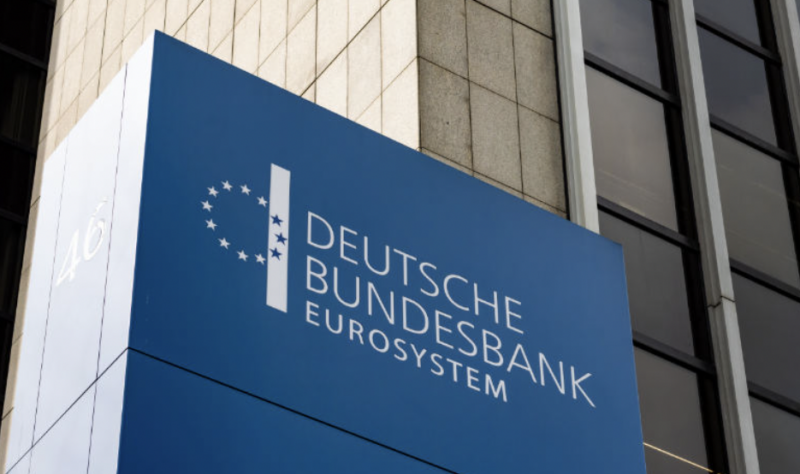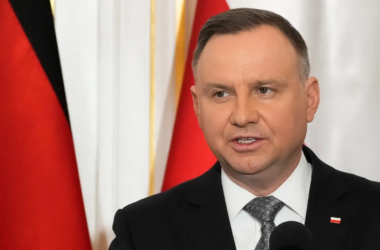Germany’s Bundesbank, known for its strict financial discipline, is advocating a major overhaul of the country’s debt brake, proposing an extra €220 billion in borrowing by 2030. This shift would allow Berlin to loosen its tight fiscal policies—so long as national debt remains below 60% of GDP.
A leaked draft, reported by Table.Briefings on March 4, suggests increasing the borrowing cap from 0.35% to 1.4% of GDP, directing most of the funds toward growth-focused investments. If debt surpasses the 60% threshold, borrowing restrictions would automatically kick back in.
The Bundesbank’s Executive Board is expected to greenlight the proposal, a move that marks a stark break from its traditionally conservative stance. President Joachim Nagel, a proponent of more flexible debt rules, has broad board support—except from Liberal Party representative Michael Theurer.
Meanwhile, Germany’s ruling coalition faces a critical decision: reform the debt brake or rely on special funds to finance key projects. The CDU and SPD are reportedly discussing €900 billion in special funds for military and infrastructure, with financing talks set for March 10.
Changing the debt brake requires a constitutional amendment, meaning the government must secure votes from either the right-wing AfD or left-wing Die Linke, both holding enough seats to block the measure. Alternatively, the government could bypass the brake under an “extraordinary emergency” clause, which it already invoked between 2020 and 2022 for the pandemic and energy crisis.
With economic and political pressures mounting, Germany’s fiscal future hangs in the balance, forcing lawmakers to choose between debt reform and temporary workarounds.




